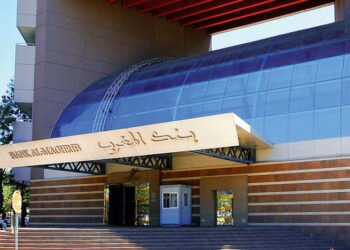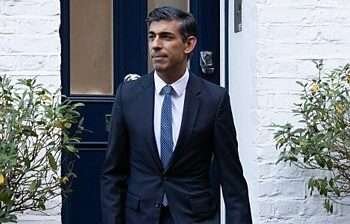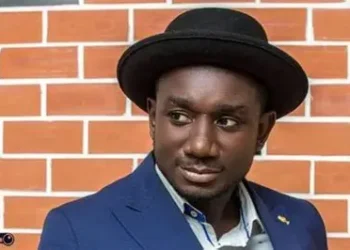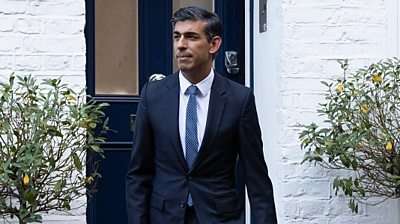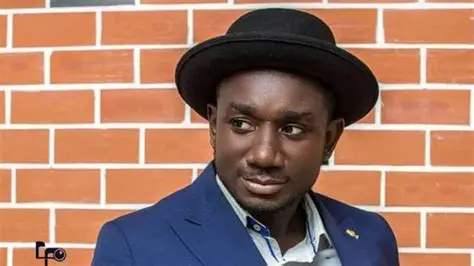Award-winning Ghanaian Journalist and Writer, Manasseh Azure Awuni has strongly criticized the government’s recent initiative to import electric buses, describing it as an underwhelming and shortsighted move in addressing systemic socio-economic challenges facing the country.
In a post shared on social media, Manasseh criticized what he termed the government’s penchant for election-year projects that fail to address fundamental problems affecting vulnerable populations, particularly head porters and urban youth.
Manasseh questioned the significance of the government’s decision to introduce a few electric buses into the transport system.
“So, if one head porter drives an electric bus, does that solve the problem of thousands of head porters nationwide? Private Ghanaians own electric vehicles.
“If the government uses our money to import a few electric buses, where lies the novelty that should warrant this noise? Have we not learned lessons from the promises and their implementation?”
Manasseh Azure Awuni, an award-winning Ghanaian Journalist and Writer
He also drew parallels to the past, referencing the erstwhile Mahama administration’s much-touted Ayalolo bus initiative, which launched with 250 buses amid great fanfare.
“We were told the so-called rapid bus transit system would be a game changer in urban transportation in Accra. After the election, the so-called bus lanes (they were not in the sense of bus lanes) were abandoned, and the project failed.”
Manasseh Azure Awuni, an award-winning Ghanaian Journalist and Writer
Manasseh argued that election-year promises and projects, such as the electric buses, fail to provide sustainable solutions to the nation’s pressing problems.
“Shouldn’t we be demanding more than these election-year antics?” he asked, urging citizens to critically assess government actions rather than be swayed by temporary measures aimed at courting votes.
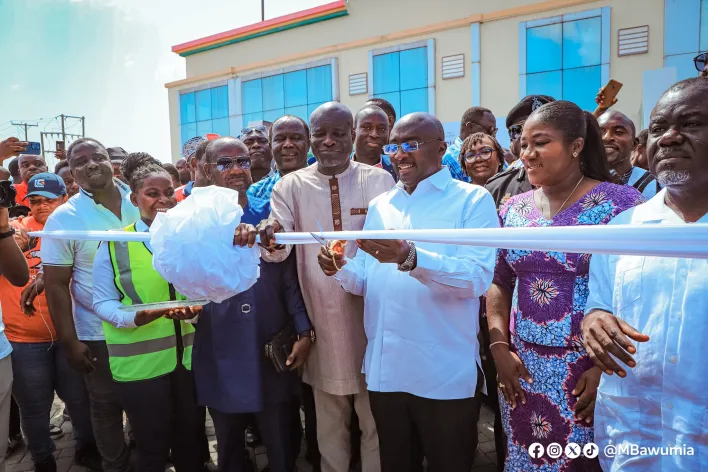
Deeper Issues: Neglect of Northern Youth and the Pwalugu Dam
Taking a broader view, Manasseh highlighted the plight of northern youth, many of whom migrate southwards to engage in head porterage (commonly known as “kayayei” under dehumanizing conditions.
He criticized successive governments for failing to address the root causes of this socio-economic challenge, adding that “The abandoned Pwalugu multipurpose dam project would have given jobless youth in northern Ghana jobs and stopped more head porters from flocking down south to struggle under dehumanizing conditions.”
He invoked the wisdom of Ghanaian elders: “If you want to starve the river, stifle its source,” underscoring the need for long-term investments in job creation and infrastructure to stem the tide of youth migration.
Manasseh’s critique is a call for accountability, urging Ghanaians to look beyond election-year spectacles and demand tangible, sustainable development projects. He lamented the use of vulnerable populations as political pawns during elections, only for their needs to be neglected thereafter.
“Using head porters and the unfortunate youth in slums for elections and abandoning them is unconscionable,” he stated, calling for a shift in governance priorities toward addressing structural inequities and promoting holistic national development.
His remarks serve as a reminder of the need for citizens to hold leaders accountable and demand meaningful solutions to the country’s persistent challenges.
It also highlights the need for sustainable policies that address systemic issues rather than superficial interventions aimed at gaining political favour.
READ ALSO: Global Wage Growth, Unequal Gains Amid Economic Recovery


